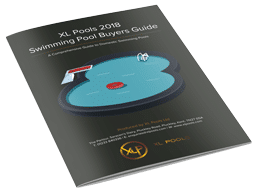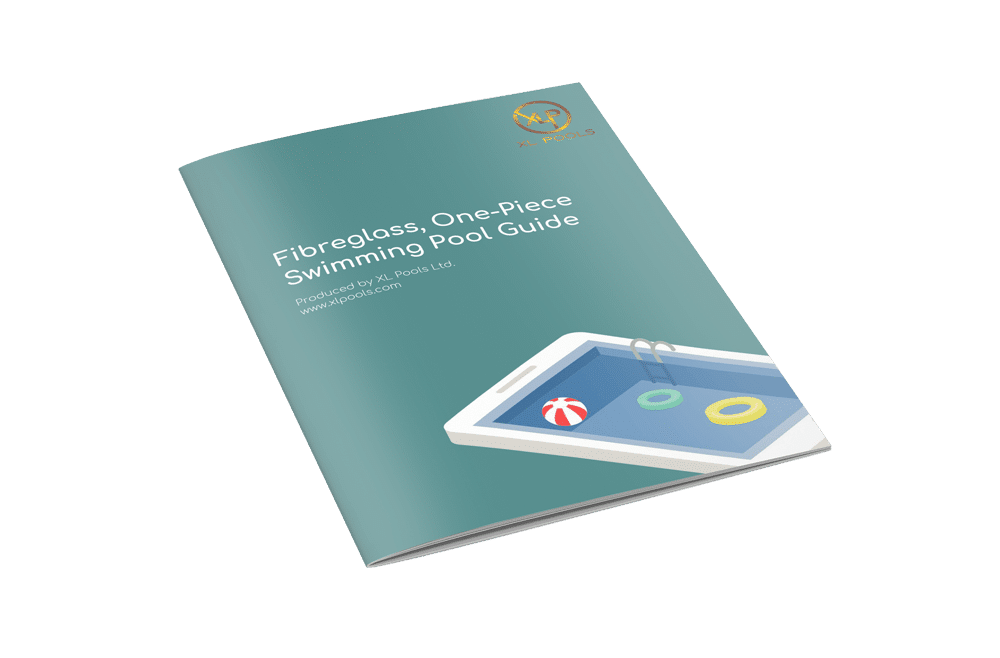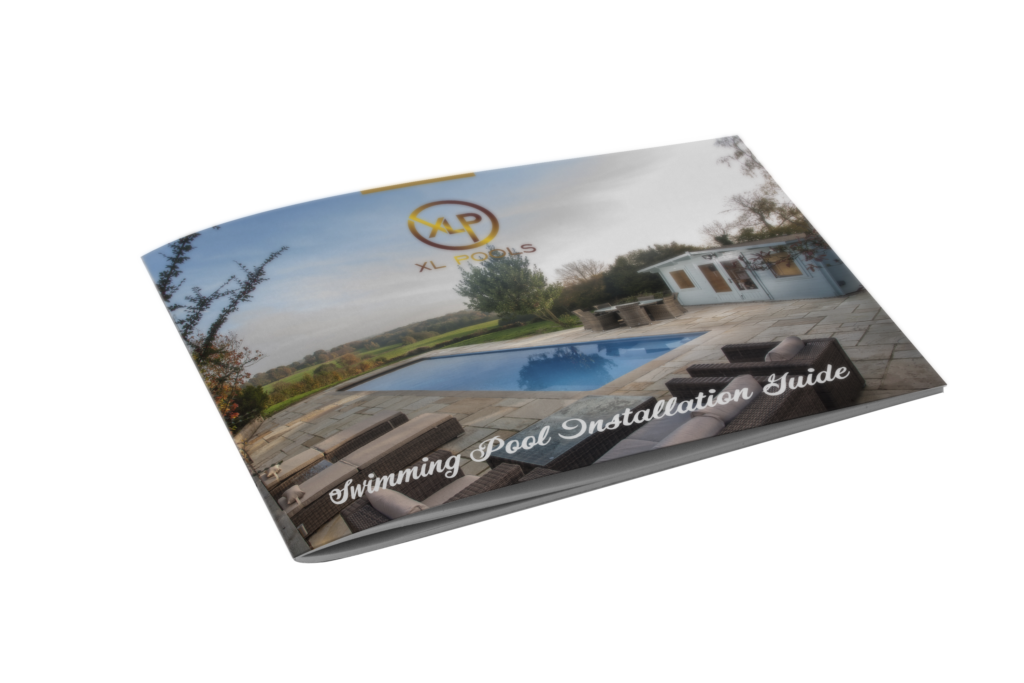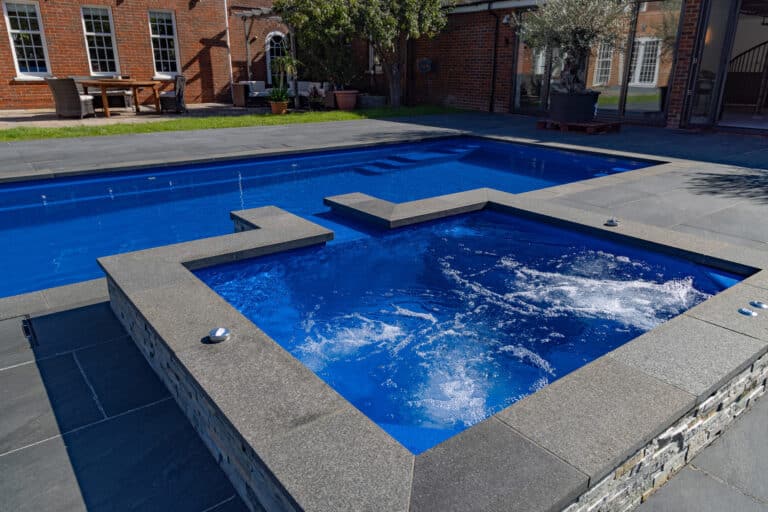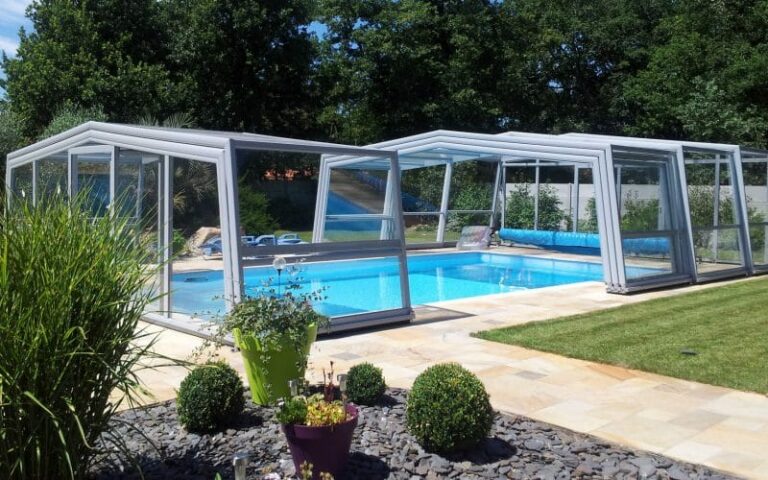If you’re a swimming pool owner, you’ll know the importance of developing a proper maintenance routine to ensure that your pool is clean, that your water is fresh and clear and that your equipment; pump, filter and heater, is working safely and efficiently. This applies whether you have an outdoor or an indoor swimming pool. Essentially the maintenance required for both types of pool is very similar: the chemistry and balance of the water should be carefully monitored and maintained, and the walls and floor of the pool should be regularly cleaned and vacuumed. There are some key differences, however, in the way you should treat indoor and outdoor pools. It’s easy to fall into the trap of thinking that as an indoor pool isn’t subject to the volume of debris an outdoor pool might receive, it doesn’t need to be cleaned as often, but this is not the case!
One of the main differences between indoor and outdoor swimming pool maintenance is that an indoor pool is in use all year round. Potentially, you could swim in your pool 365 days a year, whereas an outdoor pool is subject to the weather conditions: you’ll have a swimming ‘season’ over the summer, and the pool probably won’t be used over the winter. Opening, or commissioning the pool for the swimming season, and closing down, or winterising, the pool are two important maintenance routines you’ll need to do for outdoor pools that don’t apply if your pool is inside.
Outdoor swimming pools are also vulnerable to more contaminants from the outside environment such as leaves or other debris entering the water. You’ll need to skim your water surface and clean your filters often if you have an outdoor pool. Indoor swimming pools also get dirty, so it’s not something you can forget about. For both kinds of pools you should clean your filters and vacuum the pool weekly.
Algae is one of the most common and unsightly swimming pool hygiene problems. It’s prevented by ensuring that the water is balanced correctly, and ‘shocked’ regularly. Shocking is raising the chlorine level in the water to two or three times its usual amount, so that unfiltered waste and grease is oxidised and burned off into the surrounding air. It may surprise you to learn that for indoor pools regular shocking is even more important. Direct sunlight is a great oxidiser, and can reduce algae formation naturally, but it’s difficult to get direct sunlight on the surface of indoor pools all the time. You can now get UV water treatment systems to help with this problem if you have a shady pool.
During chlorine shocking, contaminents are released into the surrounding air, so it’s important that the ventilation system for indoor pools is efficient and effective, otherwise the waste will simply fall back down into the water. It can be wise to consider closing down your indoor pool for a day or two during the winter and take the opportunity to drain it and check the functionality of your pump, filters and air handling system while it’s not in use. Year-round swimming places a high load on all the equipment in your pool, so checking and servicing it regularly can prevent breakdowns which are both costly and inconvenient.
In summary, proper maintenance, whatever kind of pool you own, is essential, however indoor pools may require a little extra care and consideration to keep them clean and safe.
Photo Credit: The Rent Giant via photopin cc

